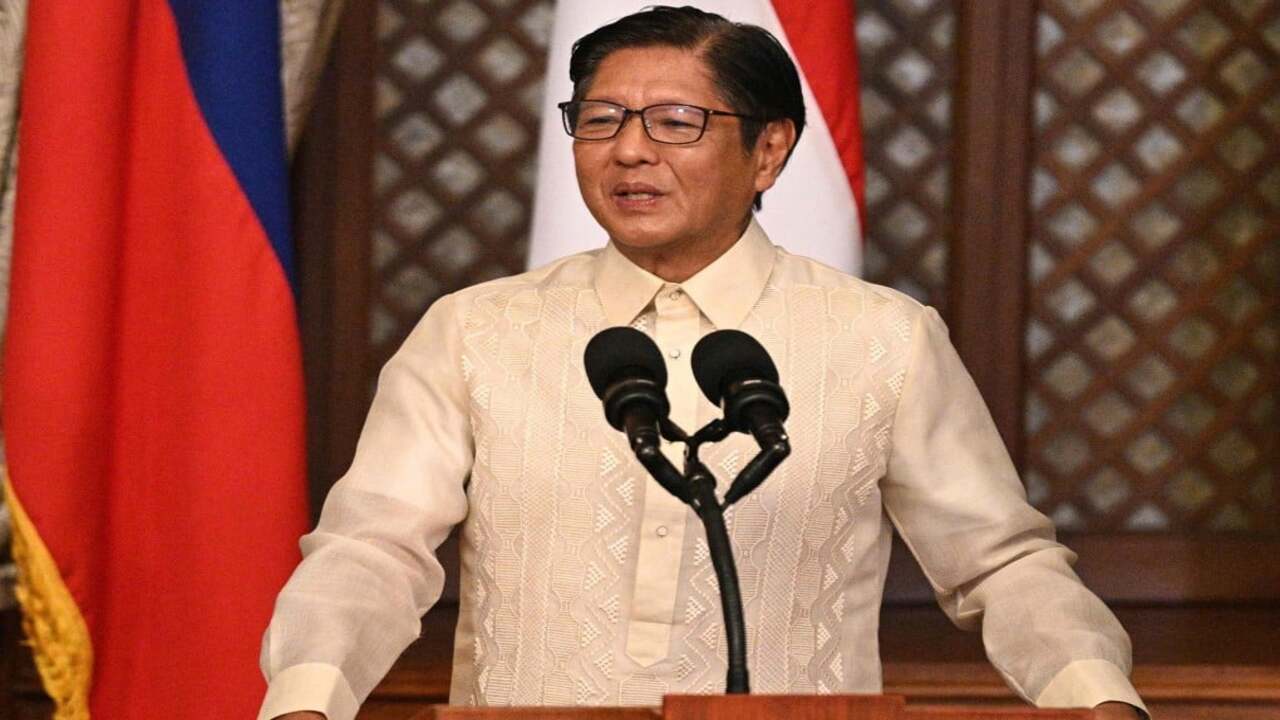
IndependentReport – Philippine President Ferdinand Marcos Jr. has announced that the government will launch an independent investigation into alleged corruption in infrastructure projects, particularly flood-control programs. He emphasized that no individual or institution will be exempt from scrutiny, regardless of their political position or influence.
Marcos described the initiative as an “inflection point” for his administration. Signaling a shift toward greater accountability in how public funds are spent. He underscored that the misuse of taxpayer money will no longer be tolerated, and those responsible for irregularities in flood-control spending will face consequences.
The controversy centers on flood-control projects funded since 2022, which reportedly involved ₱545 billion (about USD 9.5 billion). Critics argue that much of this funding was concentrated among a handful of contractors. Raising suspicions about favoritism and questionable allocation of resources.
Investigations revealed that only 15 contractors received roughly 20 percent of the total budget for these projects. Furthermore, several projects have been flagged as incomplete or nonexistent, despite substantial funds already being disbursed. These revelations have fueled public anger, especially in flood-prone communities that remain vulnerable during seasonal monsoons.
Read More : Immigration Raids in the U.S. Challenge South Korea Investment Ambitions
Several critical details have surfaced regarding the alleged misuse of infrastructure funds. These points highlight why public concern is mounting and why the government has been pressured to act decisively:
These developments suggest that the probe is not only about financial mismanagement. But also about rebuilding trust between the government and its citizens.
The revelations have intensified public frustration, as many Filipinos continue to suffer from recurring floods and infrastructure gaps. Communities affected by heavy rains and monsoon damage feel that promised projects never materialized. Leaving them exposed despite billions in spending.
Civil society organizations, along with religious leaders, have taken a vocal stance. They are demanding full transparency in the investigation and urging the administration to prosecute those found guilty. The announcement of a nationwide protest has added pressure on the government to demonstrate that the probe will be more than political rhetoric.
The Marcos administration has outlined several steps to respond to the crisis and restore public trust. These measures are intended to ensure accountability and demonstrate a commitment to reform:
Together, these steps aim to send a message that Infrastructure Corruption will not be tolerated. Even though doubts remain over whether the reforms will be fully enforced.
Also Read : Mississippi Mist Fountain Turns Muscatine’s Riverfront into an Interactive Playground
While Marcos’s firm statements have been welcomed. Experts caution that true reform depends on the independence and effectiveness of the investigative body. Gathering credible evidence, ensuring legal action, and resisting political interference are critical to determining whether this probe delivers justice.
If the investigation falters, public disillusionment could deepen, reinforcing perceptions that corruption remains entrenched in Philippine politics. However, if the inquiry leads to real convictions and institutional reform, it could mark a turning point in the country’s fight against graft and misuse of public resources.
For now, citizens and analysts alike are closely watching each move of the administration. Weighing whether this will become a landmark anti-corruption campaign or yet another missed opportunity.
This Article About Infrastructure Corruption Written by: Sarah Azhari | Editor: Micheal Halim
Information Source: StraitTimes.com